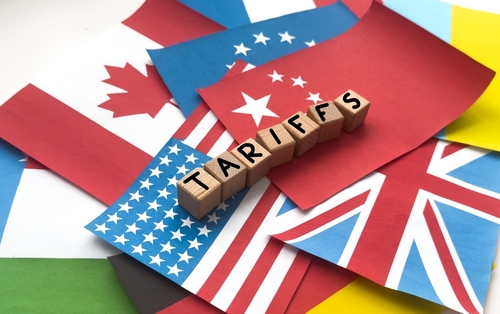With the recent announcement of sweeping new tariffs by former President Donald Trump — including a 10% blanket tariff on goods from China and steeper levies on key sectors — U.S. businesses are once again recalibrating. While the political implications dominate headlines, the operational realities for companies, especially in the tech sector, are undeniable: costs are going up, and margins are tightening.
But something interesting is happening in parallel.
Even before these tariffs, companies (especially tech startups) were already shifting toward international hiring and offshoring efforts. Platforms like Deel have emerged to facilitate this shift, offering services that enable seamless international hiring and compliance. Deel’s 2024 Global Hiring Report revealed a 42% growth in cross-border hiring, underscoring the increasing reliance on global talent pools. – And this move towards international hiring is not limited to large enterprises. Startups are also embracing the benefits of a global workforce. In fact, the number of offshore workers grew by 32% since 2019, compared to a 16.7% growth in onshore employees. This trend is driven by the need to access diverse talent pools and manage operational costs effectively

Tariffs will likely accelerate this shift even further. Faced with increased costs, companies will be under more pressure to preserve margins. One of the clearest levers? Tapping into international talent. It’s not just the enterprise giants doing this anymore — we’re seeing early-stage startups build fully distributed teams from day one, prioritizing flexibility, cost savings, and speed to hire. Because of this, the offshore software development market is projected to grow from $122 billion in 2024 to $283 billion by 2031, reflecting a compound annual growth rate of 10.13%.
Going remote and hiring internationally doesn’t just lower burn rates — it creates business resilience. Teams can be built faster, salaries can stretch further, and companies can continue innovating without sacrificing profitability. In a world where hardware costs are rising, the ability to build lean, global software teams has never been more important.
This tariff-driven era might unintentionally usher in a golden age of international remote work. And that’s not just good for margins — it’s good for global talent access, company culture, and long-term sustainability.


Leave a Reply